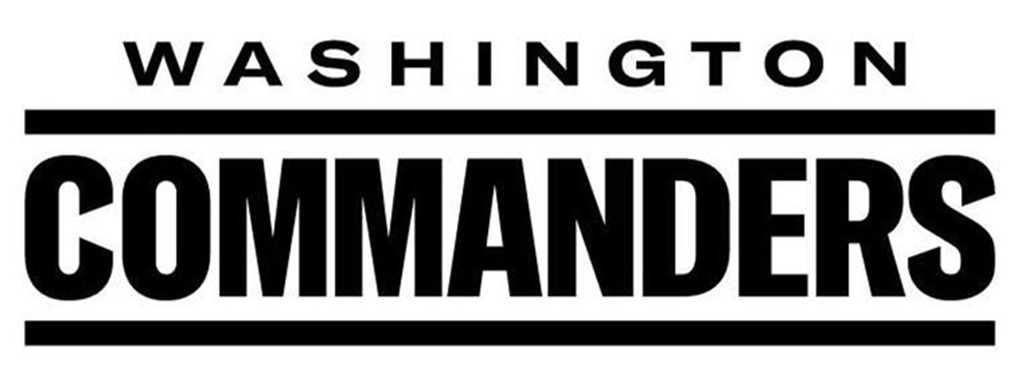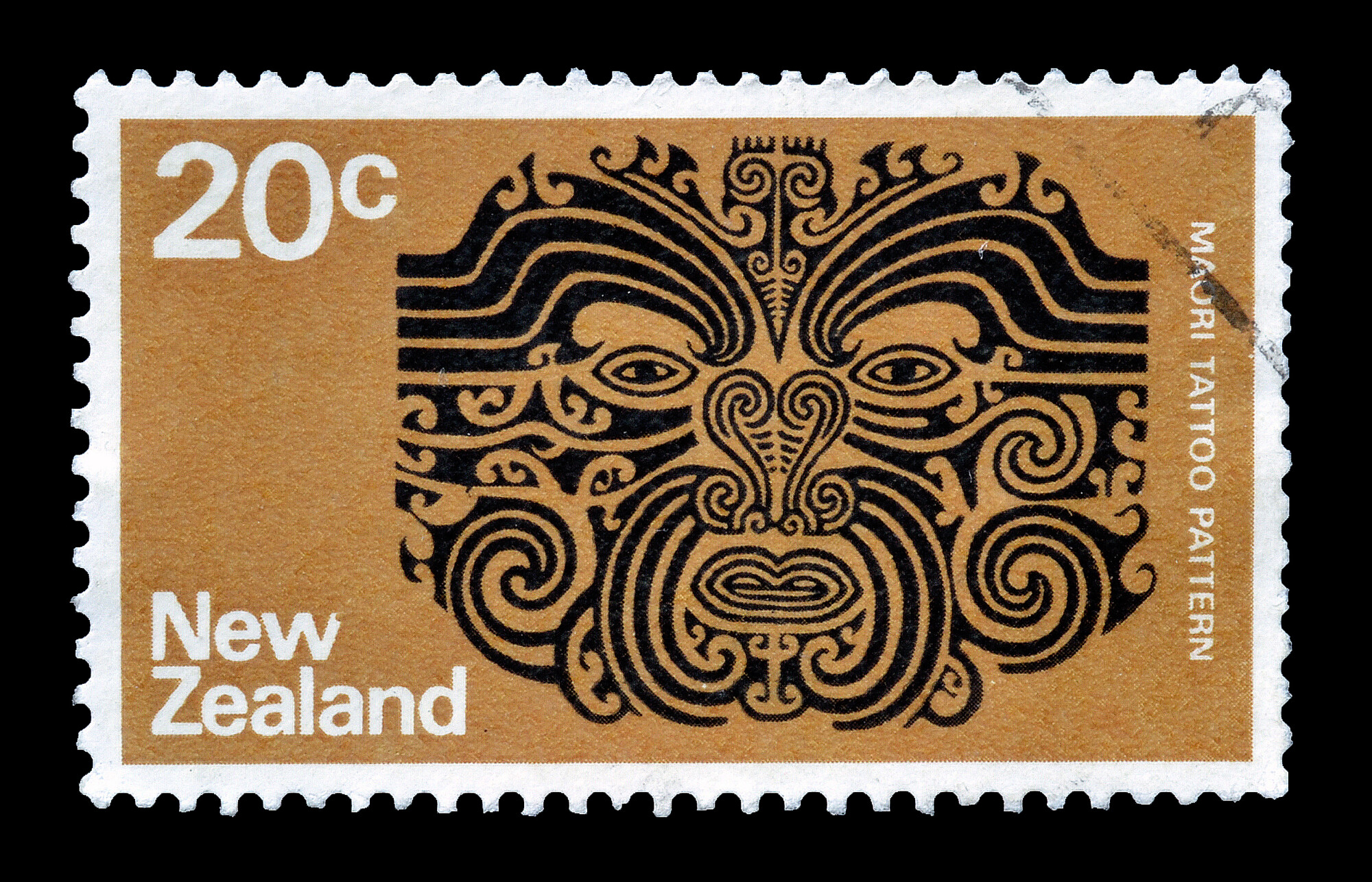Celebrating Native American Heritage Month: The Intersection of Intellectual Property and Indigenous Rights

November is Native American Heritage Month, a time to highlight the rich cultures, histories, and contributions of Native American peoples. Indigenous communities have long utilized traditional knowledge, cultural expressions, and innovative practices, which raise important questions about ownership and protection in the realm of Intellectual Property.
Indigenous Names and Symbols as Trademarks in the United States
Trademark law has intersected with Native American heritage, particularly regarding the use of Indigenous symbols and names in the National Football League (NFL).
In 1992, Suzan Shown Harjo, along with other prominent Native Americans, petitioned to cancel six federal trademark registrations owned by the Washington Redskins football team for the name REDSKINS, claiming that the marks were disparaging. The Trademark Trial and Appeal Board (TTAB) granted the cancellations. However, on appeal, United States District Court for the District of Columbia reversed, citing insufficient evidence of disparagement and the technicality that the petitioners had waited too long to file their claim, known as laches. On further appeal, the U.S. Court of Appeals for the D.C. Circuit remanded the case, finding that the district court had applied the wrong standard in evaluating laches as to at least one of the Native American petitioners, but the district court again found laches applicable, and the U.S. Supreme Court declined to review the case.
In 2012, a different group of Native Americans, who were not subject to the laches issue, again sought to cancel the registrations. Once again, the TTAB canceled the six REDSKINS trademark registrations on the ground of disparagement. This time, the U.S. District Court for the Eastern District of Virginia upheld that ruling. However, the U.S. Supreme Court refused to hear this case, this time on the basis that it had struck down the disparagement clause of the Lanham Act as unconstitutional.
After nearly three decades of litigation and protest, it was social pressure, not a court decision, that ultimately led the Washington football team to change its name in July 2020, temporarily to the Washington Football Team and then, officially on February 2, 2022, to the Washington Commanders.

Cultural Heritage and IP Protection - Māori people of New Zealand
Elsewhere throughout the world, various IP offices and Indigenous communities have been working hand in hand to protect Indigenous cultural heritage through intellectual property laws.
For example, the Māori people of New Zealand have been proactive in using IP laws to protect their traditional designs and language, establishing a framework that respects their cultural significance. The Māori are the indigenous people of Aotearoa and arrived in New Zealand from Hawaiki in Polynesia over 1,000 years ago. Toi, or Māori art, centers around four primary art forms; raranga (weaving), whakairo (carving), tā moko (tattooing) and peitatanga (painting). Te Reo Māori, the Māori language, is one of the three official languages of New Zealand.

New Zealand’s trademark office has issued guidelines and practice guides for the protection of Mātauranga Māori (or Māori knowledge). These provisions help prevent the registration of trademarks, or the granting of patents, that would be considered offensive by Māori or contrary to Māori values.
As we celebrate Native American Heritage Month, it's essential to recognize the intersection of Indigenous cultures and intellectual property law. Protecting traditional knowledge and cultural expressions are not just about legal frameworks; they are about honoring the heritage and rights of Indigenous peoples.